More about: The Libertines
This day in 2002 The Libertines released the debut album Up the Bracket. It signalled a long obverdue revival for British guitar music and to this day is seen as a watershed moment for homegrown music in the UK after the barren years of the late nineties.
The romantic mythology of the album, with England portayed as Albion, struck a chord with many who had become dissilutioned with the continued americanisation of popular culture at the turn of the century. The ragtag playing and DIY ethic of the record inspired a new generation of musicians. When Barat and Doherty's troupe imploded in 2004 bands such as The Cribs came along to carry the torch. To this day, the spirit of The Libertines' debut album can be heard in new bands such as Palma Violets.
To commemorate this, here are 11 facts you may or may not have known about Up The Bracket
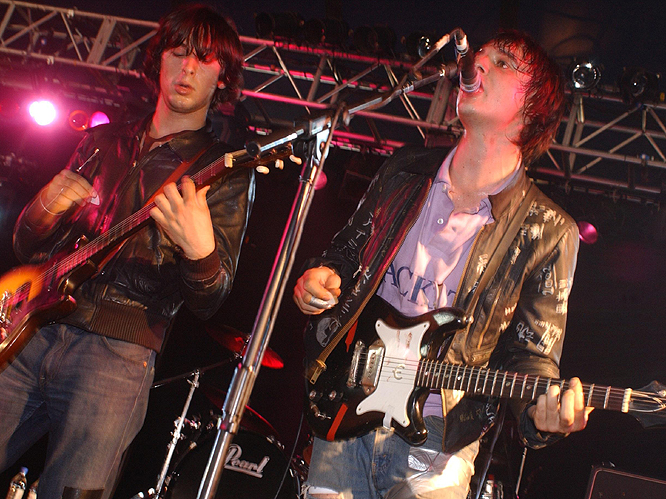
1. 11 years after its release the album is now regarded in some circles as a modern classic. However, on its release , Up The Bracket only reached a lowly No.35 in the UK album chart.
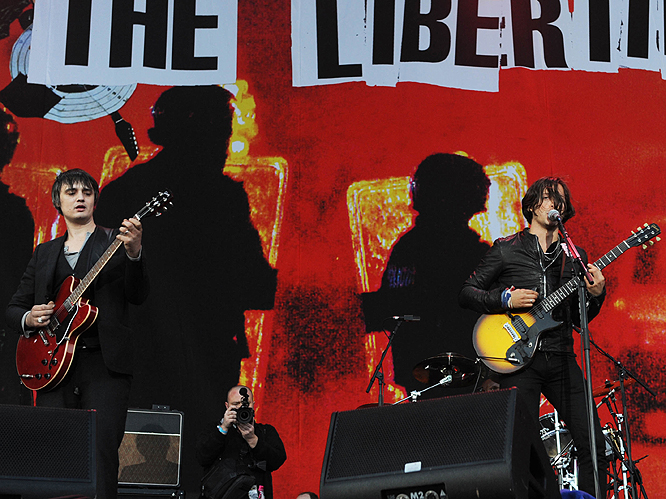
2. The photograph used as the album's cover is of Argentian riot police squaring up to protesters during the country's economic crisis around the year 2000. This is also referenced in the song 'Time for Heroes' with the line "Did you see the stylish kids in the riot?"
_666.jpg)
3. The phrase 'up the bracket' was first used on Tony Hancock's 'Hancock's Half Hour'. It has since come into popular use as meaning 'in trouble', similar to 'Up the Junction' by Squeeze. It is an early example of Doherty and Barat's fondness for using archaic English language in their lyrics.
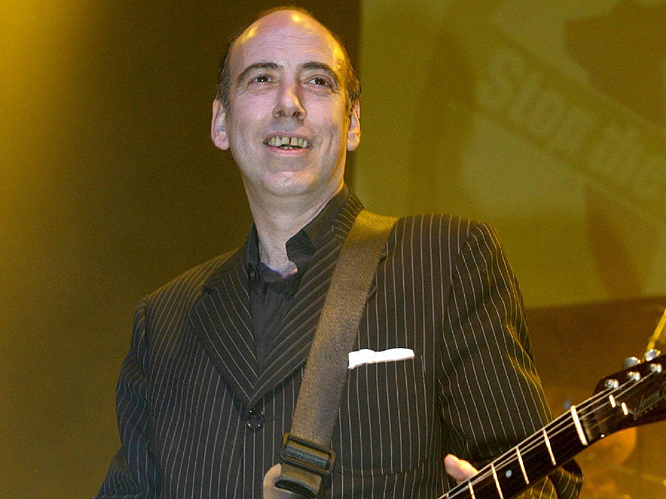
4. The album was produced by Clash guitarist Mick Jones. It was the first album Jones produced since Theatre of Hate's Aria of the Devil way back in 1982. Bernard Butler of Suede worked on early Libertines songs but had a poor working relationship with Doherty. He still receives a production credit for work early on in the process and as he also produced debut single 'What a Waster' which appears as a bonus track on some versions of the album.
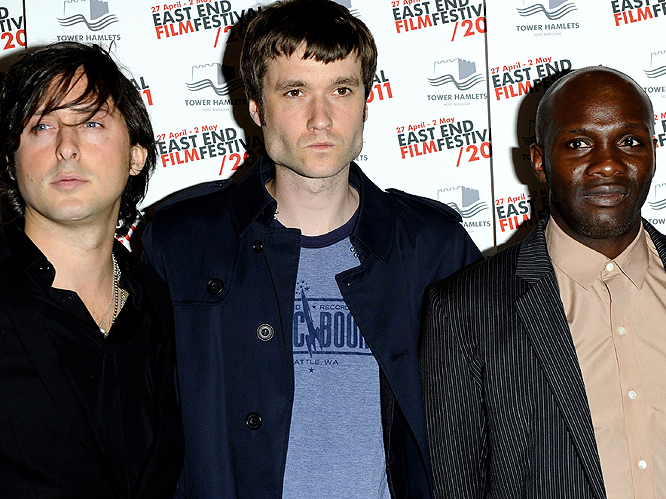
5. The album was recorded almost entirely as live. Drummer Gary Powell recalls "It was day in day out just playing live instead of laying it down separately, which was perfect for us. There's the odd overdubbed guitar, but apart from that it's a completely live album."
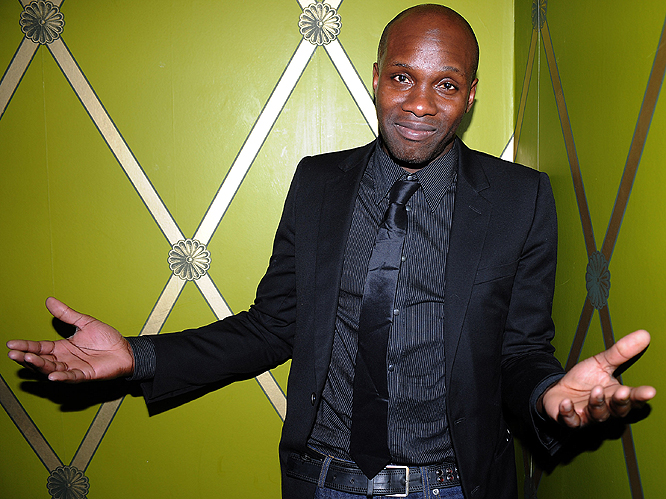
6. Recording got off to an inauspicious start. On the first day of recording, before a note had even been played, Powell succumbed to exhaustion watching an old film with studio owner Mickie Most. In his own words "I fell asleep on his shoulder. I woke up having dribbled down his shoulder. I was so embarrassed."
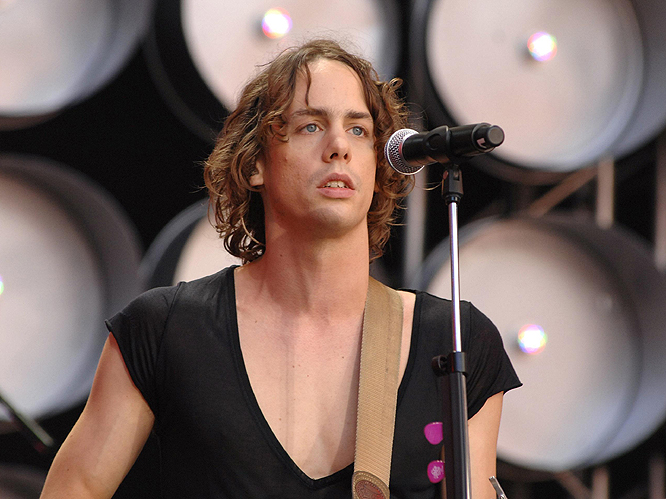
7. Johnny Borrell of Razorlight was in an early incarnation of the Libertines and was the bass player when the majority of the album was being written. There are differing stories surrounding his departure. One is that he couldn't keep up in a rehearsal whilst playing album track 'Horrorshow'. Another version is that he was sacked for failing to turn up for an industry showcase as he was already touring with another band, "living the highlife".
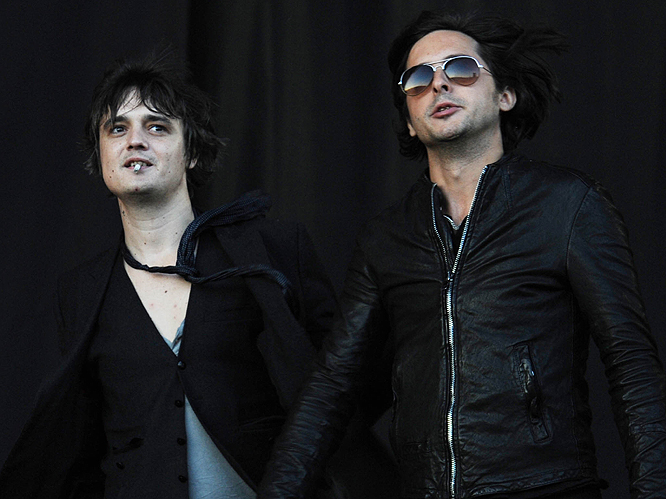
8. The title track contains the line 'I saw two shadow men on the Vallance Road'. This is a reference to infamous mobsters the Kray twins, whose family moved into the road in 1939 and spent a large part of their life there. It was also an old haunt of famous Victorian villain Jack the Ripper.
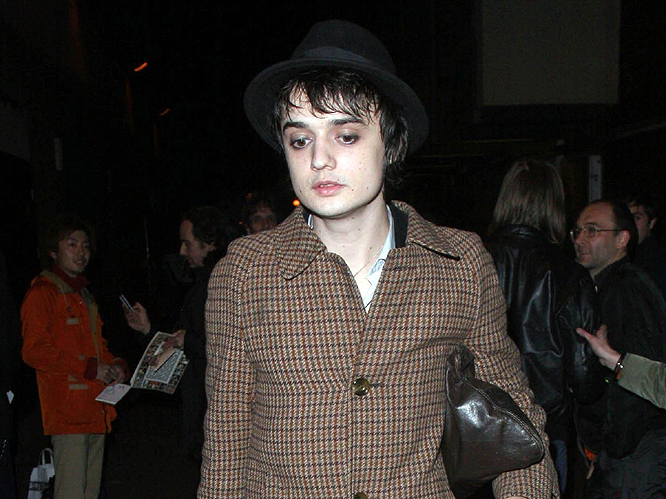
9. The album was recorded in RAK studios. The studios are steeped in history, with past occupants including David Bowie, Pink Floyd and Michael Jackson. Studio owner Mickie Most, with whom the band became close during recording, sadly passed away on 30th May 2003.

10. NME named the album the 2nd best of the 2000s, behind Is This It by The Strokes.

11. Barat and Doherty write romantically about various areas of London on the album. However, neither grew up in the city. Barat was born in Whitchurch in Hampshire and even spent some of his time with his mother on a commune in Somerset. Doherty led a nomadic existence growing up due to his father's career in the army. He had spells living in Belfast, Bedworth in the West Midlands and as far afield as Germany.
More about: The Libertines


